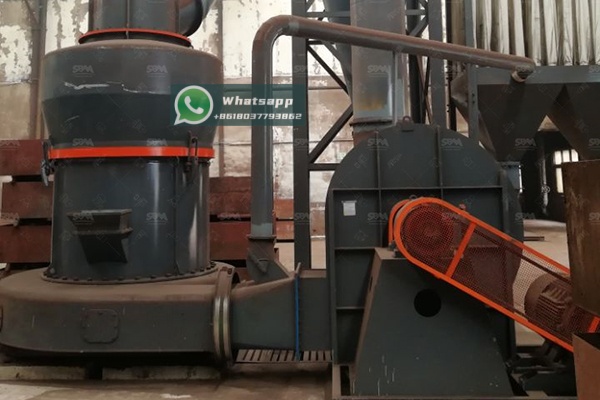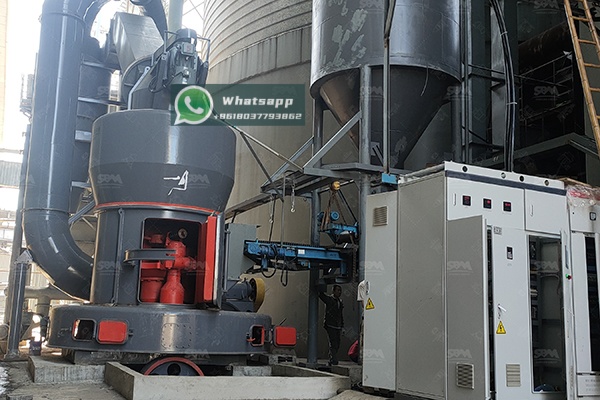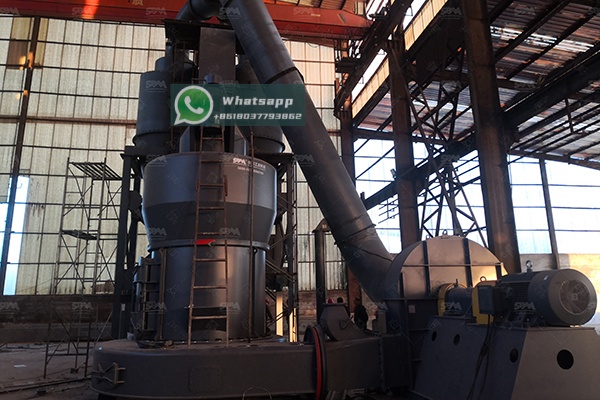The global agricultural sector is continuously evolving to meet the increasing demands for food production while addressing challenges such as soil degradation, salinity, and nutrient imbalance. Among the various soil amendments available, gypsum (calcium sulfate dihydrate) has emerged as a cornerstone for sustainable soil management. Its ability to improve soil structure, enhance water infiltration, reduce aluminum toxicity, and supply essential calcium and sulfur makes it invaluable. However, the efficacy of gypsum is profoundly dependent on its particle size and purity. This is where advanced grinding technology, specifically Raymond Mill systems, plays a pivotal role. This article explores the application of gypsum in agriculture and demonstrates how Shanghai Zenith Machinery’s grinding solutions, particularly our Raymond Mill and LM Vertical Grinding Mill, are engineered to produce the high-quality gypsum powder necessary for optimal soil health and crop yield.

Gypsum’s benefits are rooted in its chemical and physical properties. Chemically, it is a source of readily available calcium (Ca²⁺) and sulfate (SO₄²⁻). When applied to sodic soils (high in sodium), the calcium ions displace the sodium ions from the soil clay particles. The displaced sodium is then leached away with irrigation or rainfall, improving soil permeability and aeration. Physically, fine gypsum powder acts as a flocculant, causing fine clay particles to clump together, which creates larger pore spaces in the soil. This enhances root penetration, water movement, and air exchange. The fineness of the gypsum directly influences the speed and uniformity of these reactions. A uniformly fine powder ensures a larger surface area, leading to quicker dissolution and more immediate benefits.
The agricultural industry requires gypsum to be ground to a specific fineness, typically ranging from 20 to 100 mesh for broadcast applications and even finer for suspension fertilizers. If the gypsum is too coarse, it will dissolve too slowly, delaying its corrective action. If it is ground too fine without proper control, it can lead to dust issues and inefficient application. Therefore, the grinding process must be precise, efficient, and scalable. Traditional hammer mills may produce inconsistent particle sizes, while basic crushers cannot achieve the desired fineness. This creates a clear need for specialized grinding equipment that can deliver a controlled, uniform particle size distribution.
Shanghai Zenith Machinery Co., Ltd., a leader in industrial powder grinding equipment, offers the ideal solution with our Raymond Mill series. Our Raymond Mill is specifically designed for grinding non-metallic minerals like gypsum with high efficiency and reliability. It features a robust construction, high grinding efficiency, and lower energy consumption compared to traditional mills. The system’s classifier allows for precise control over the final product’s fineness, ensuring the output meets the exact specifications required for agricultural use.
For agricultural gypsum production, our YGM4121 Raymond Mill is a highly recommended model. It balances high capacity with excellent fineness control, making it suitable for medium to large-scale soil amendment production facilities.
| Model | Roller Quantity (pcs) | Max.Feed Size (mm) | Discharging Size (mm) | Capacity (t/h) |
|---|---|---|---|---|
| YGM4121 | 5 | 30 | 1.6-0.045 | 5-11 |
This model can process gypsum rock with a feed size of up to 30mm and produce a consistent powder ranging from coarse (1.6mm) to very fine (0.045mm or 325 mesh). The capacity of 5 to 11 tons per hour ensures high productivity for demanding agricultural supply chains.

For operations requiring even higher capacity or integration of drying and grinding, Shanghai Zenith’s LM Vertical Grinding Mill presents an superior alternative. This mill integrates crushing, grinding, powder selection, drying, and material conveying into a single unit. This is particularly advantageous if the raw gypsum contains some moisture, as the mill can simultaneously dry and grind the material using hot air, streamlining the production process.
The LM Vertical Mill is known for its low energy consumption, high reliability, and minimal footprint. The LM190K model is an excellent choice for large-scale agricultural gypsum production.
| Model | Plate diameter (mm) | Capacity (t/h) | Output fineness (μm) | Max feed size (mm) | Main motor (kW) |
|---|---|---|---|---|---|
| LM190K | 1900 | 23-68 | 170-40 | <45 | 500 |
With a massive capacity of up to 68 tons per hour and the ability to produce a fine powder between 40 and 170 microns (approximately 100 to 400 mesh), the LM190K is built for efficiency and scale, serving major soil amendment producers and distributors.
Investing in a Zenith grinding mill translates into significant operational benefits. The high grinding efficiency reduces power consumption per ton of output, lowering operational costs. The durability of our mills minimizes downtime and maintenance expenses. Furthermore, the ability to produce a premium, consistent product allows agricultural suppliers to command better market prices and build a reputation for quality. By improving the effectiveness of the gypsum through optimal grinding, farmers experience better crop outcomes, creating a positive feedback loop that drives demand for high-quality powdered gypsum.

The importance of gypsum in modern agriculture is undeniable, and its value is maximized only when processed with the right technology. Shanghai Zenith Machinery Co., Ltd. is committed to supporting the soil amendment and agriculture sector with state-of-the-art grinding solutions. Our Raymond Mill and LM Vertical Grinding Mill are engineered to deliver the precision, efficiency, and reliability required to produce superior agricultural gypsum. By choosing Zenith, you are not just investing in a machine; you are investing in a partnership dedicated to enhancing soil health and promoting sustainable agricultural practices worldwide.